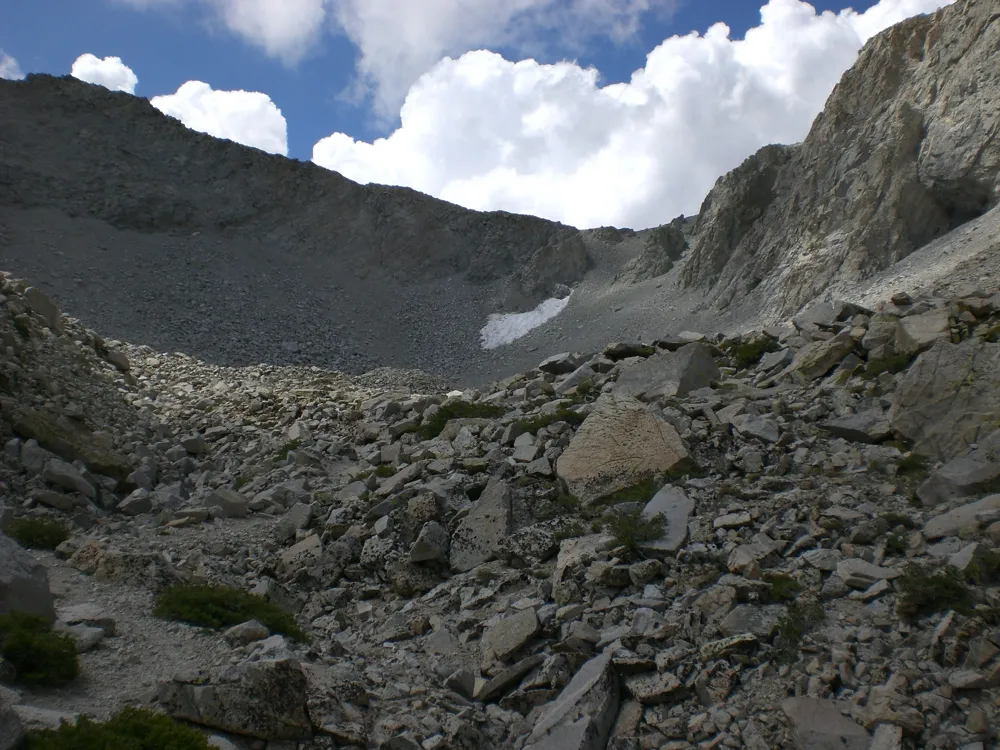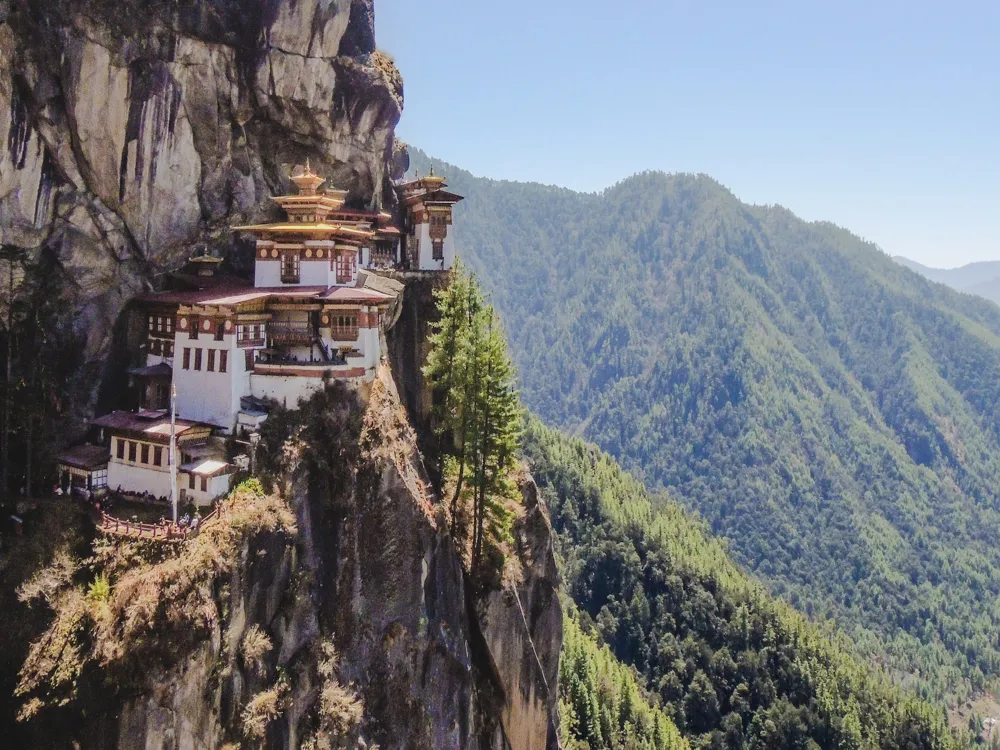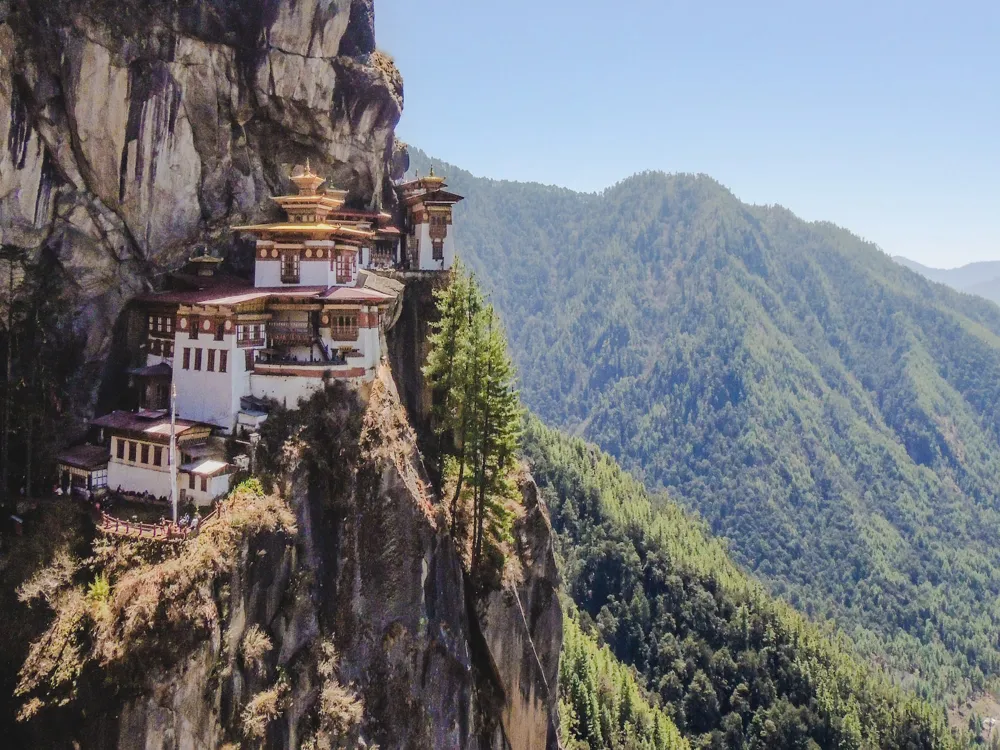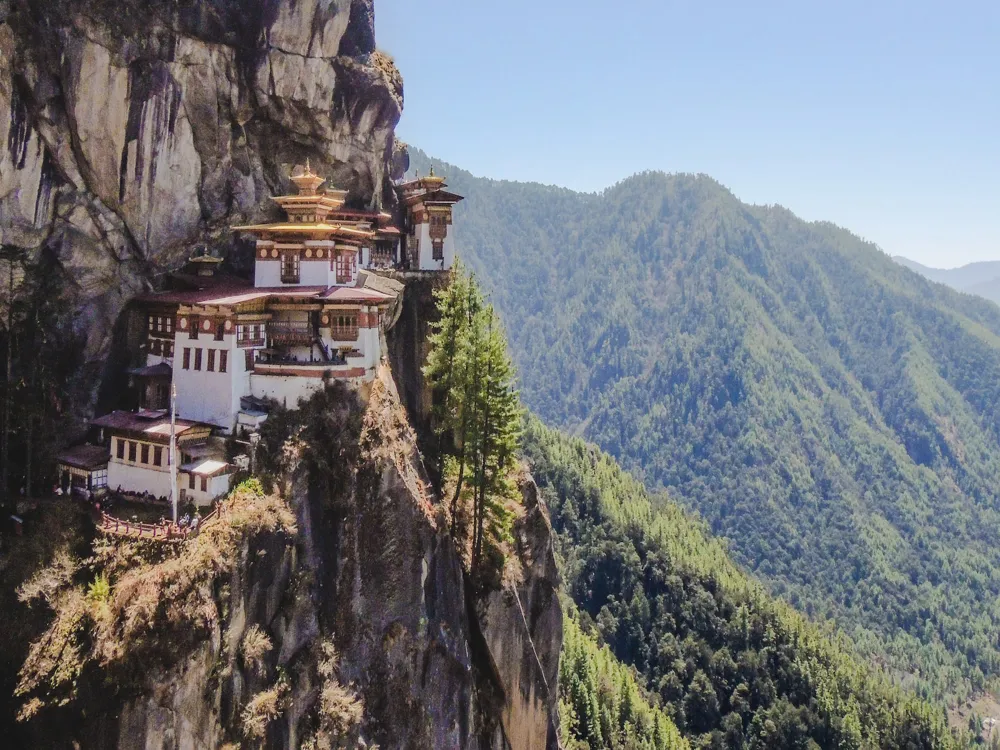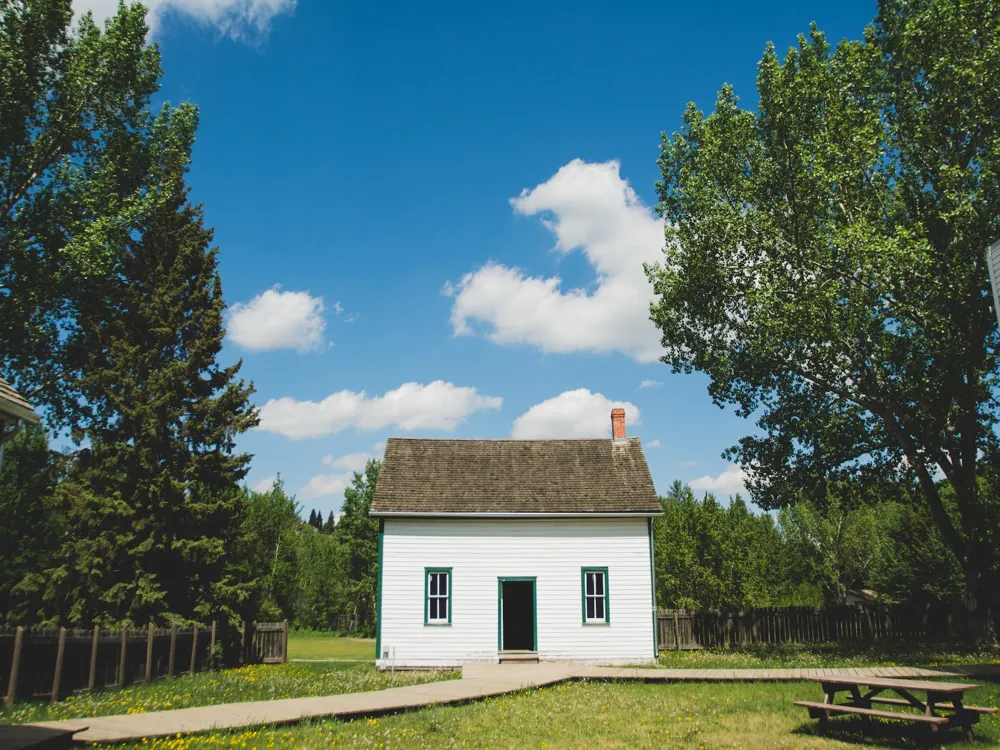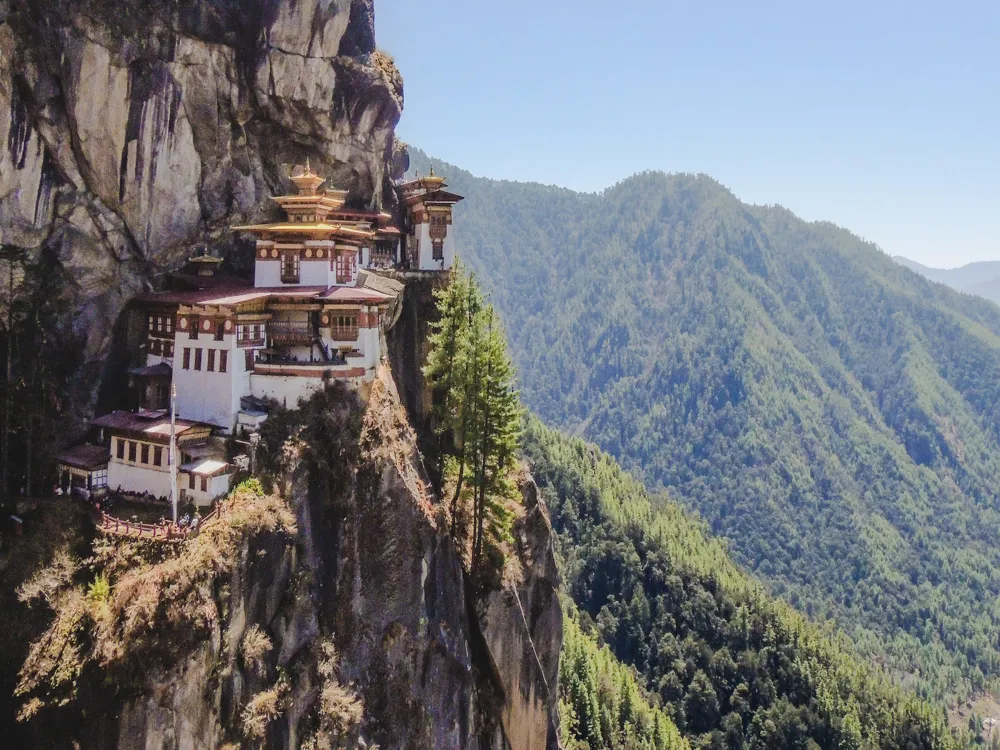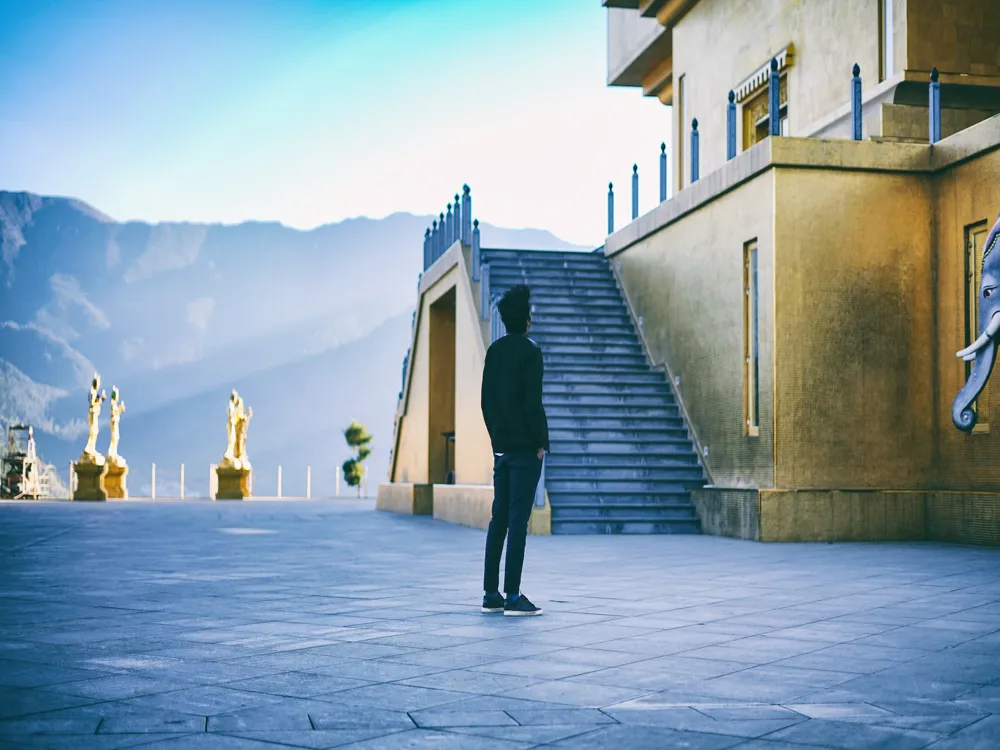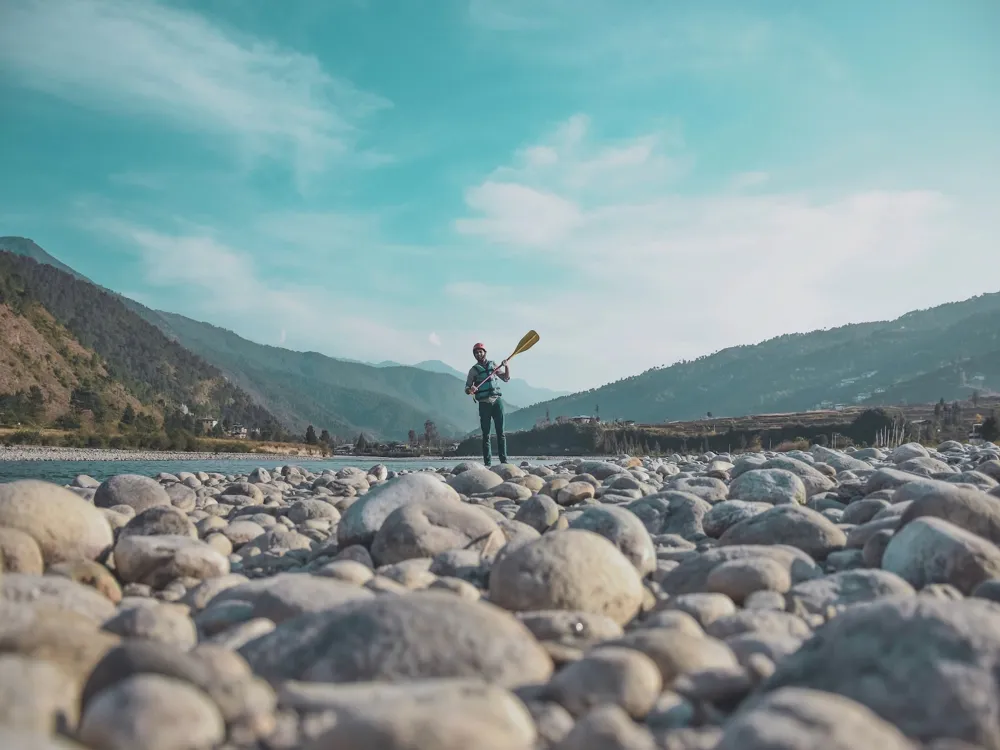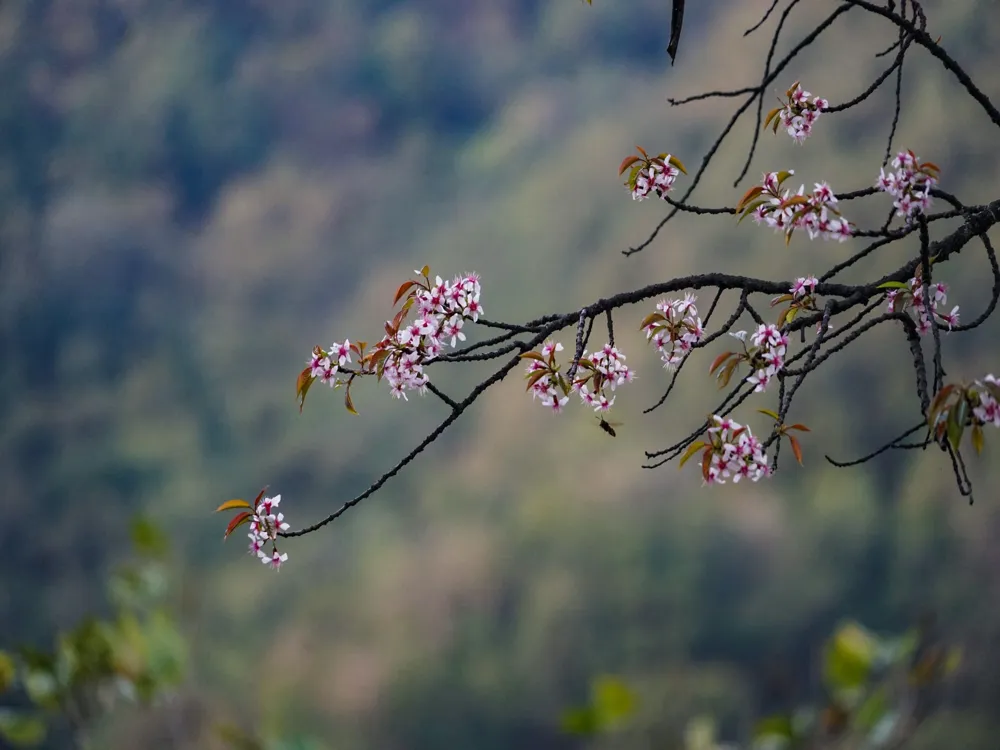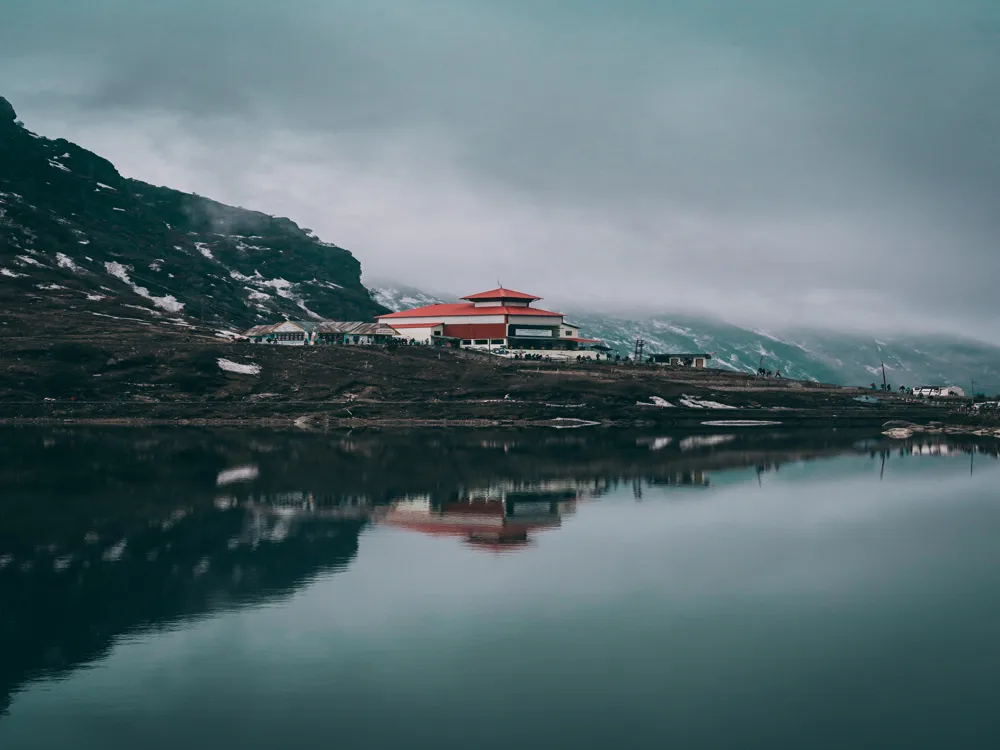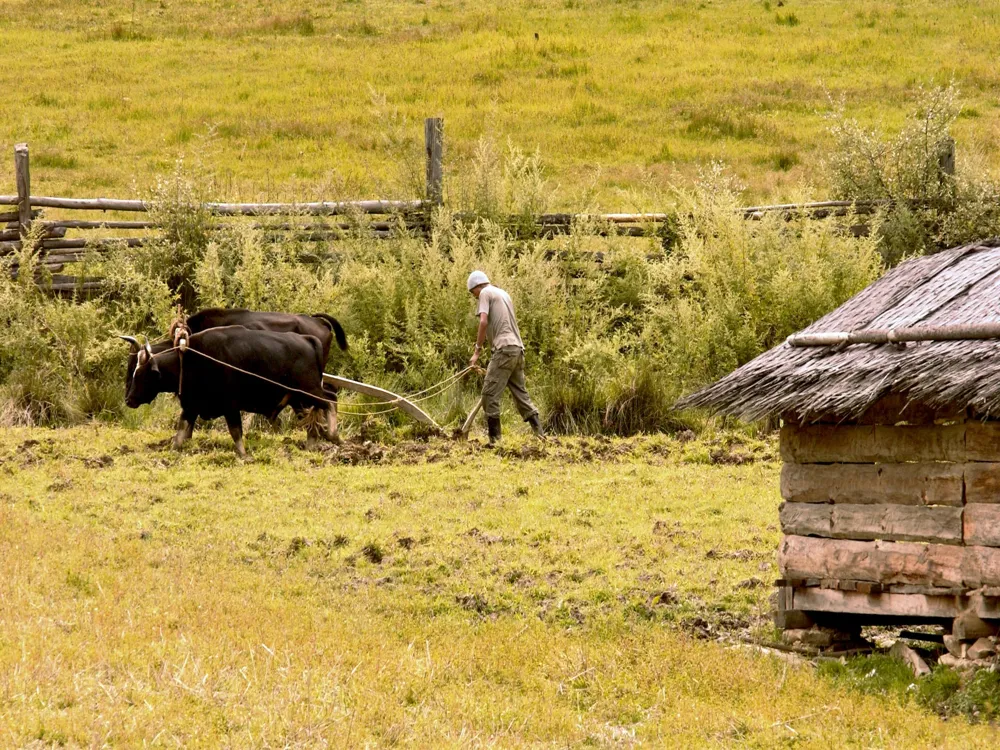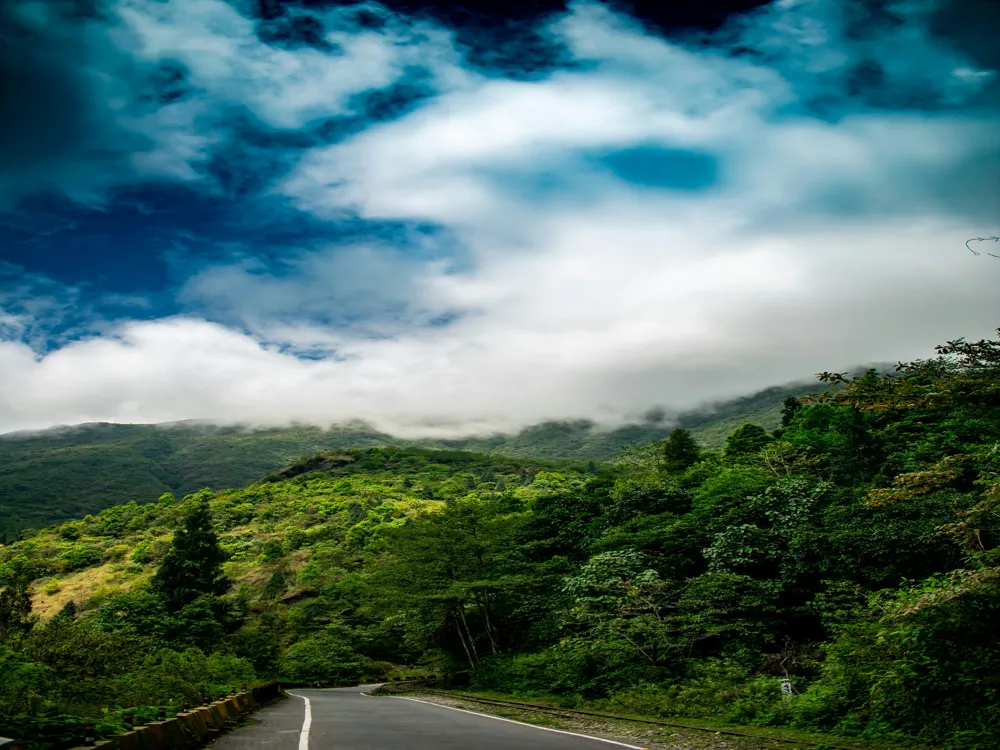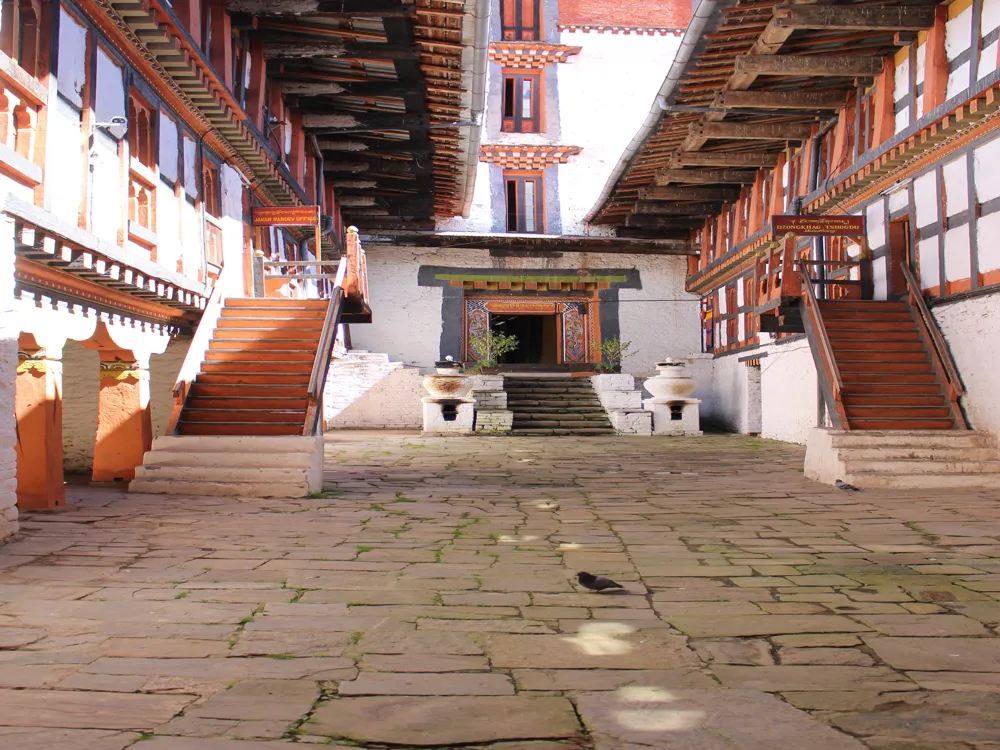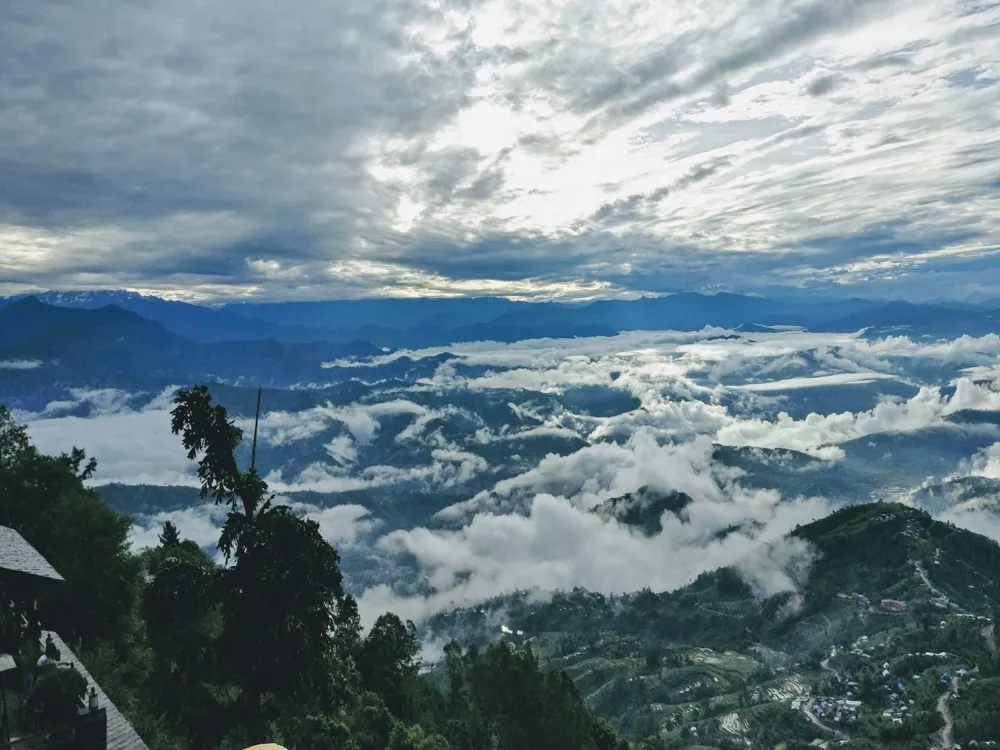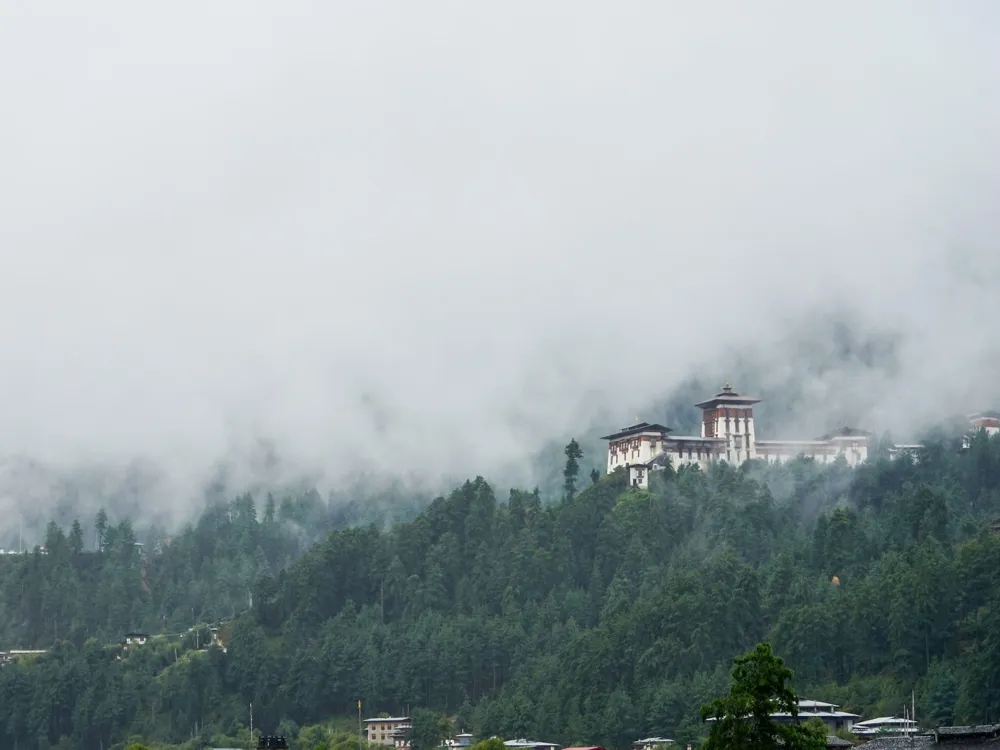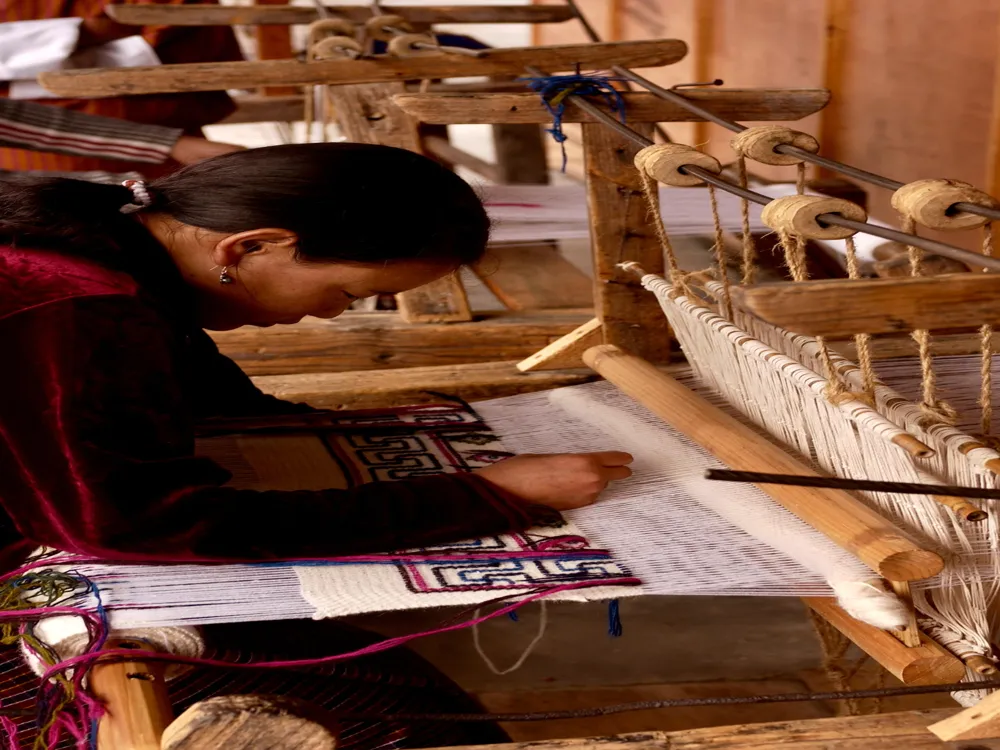Paro River Rafting offers an exhilarating experience for adventurers seeking to explore the pristine and wild beauty of Bhutan's landscapes. Nestled in the heart of the Himalayas, the Paro River, also known as the 'Pho Chhu', meaning 'Father River', is famed for its crystal-clear waters and scenic vistas. This river rafting journey is not just an adventure sport but a way to intimately connect with nature and Bhutanese culture. The Paro River flows through the Paro Valley, one of Bhutan's most fertile and historically significant regions. The valley is home to many of Bhutan's iconic cultural landmarks, including the famous Tiger's Nest Monastery (Taktsang Lhakhang) and Paro Dzong, a fortress that stands as a testament to Bhutanese architecture. The river itself is flanked by lush green hills and traditional Bhutanese villages, offering a picturesque backdrop for rafters. Rafting in Paro River caters to both beginners and experienced rafters. The upper section of the river offers more challenging rapids, suitable for thrill-seekers, while the lower part provides a more relaxed experience, perfect for families and novice rafters. The river's rapids range from Class I to Class IV, ensuring an exciting adventure for all skill levels. Besides the adrenaline rush, Paro River Rafting is also a great opportunity to witness Bhutan's rich biodiversity. The riverbanks are home to a variety of bird species, making it a paradise for birdwatchers. The occasional sightings of rare animals like the red panda add to the uniqueness of this experience. As you navigate through the rapids, the blend of adventure and tranquility in this unspoiled environment creates a truly unforgettable journey. The architectural essence of Paro River Rafting lies in its harmonious blend with the surrounding natural landscape and the traditional Bhutanese structures that dot the region. The rafting facilities and infrastructure are designed to be eco-friendly and sustainable, adhering to Bhutan's deep-rooted environmental conservation policies. Rafting camps and lodges in the area are often built using local materials such as wood and stone, following the traditional Bhutanese architectural style. These structures feature intricately carved wooden windows and doors, with colorful Bhutanese motifs and paintings, reflecting the country's rich cultural heritage. The design of these buildings not only provides a rustic and authentic experience for visitors but also ensures minimal impact on the natural surroundings. The launching and landing sites for rafting are carefully chosen to ensure safety and accessibility while maintaining the natural aesthetics of the riverbanks. These sites are often equipped with basic amenities like restrooms and changing facilities, constructed with an emphasis on environmental sustainability. Moreover, the rafting equipment used in Paro River is of international standard, ensuring the safety and comfort of the rafters. The rafts are often brightly colored, adding a vibrant contrast to the clear blue waters of the river. Safety gear, including helmets and life jackets, is mandatory for all rafters, adhering to the highest safety standards. The ideal time for river rafting in Paro is from March to April and from November to December. During these months, the weather is pleasant, and the water levels are optimal for rafting. It is recommended to wear comfortable, quick-drying clothing. Avoid cotton and opt for synthetic materials. Wearing water shoes or secure sandals is also advised for safety. Always listen to the guide's instructions and wear the provided safety gear, including helmets and life jackets. It's important to respect the river's power and not underestimate the rapids. While rafting can be enjoyed by most people, a basic level of physical fitness is required. It's important to inform the guide of any medical conditions beforehand. When visiting Bhutan, be respectful of local customs and traditions. Dress modestly, especially when visiting religious sites near the river. Paro River is easily accessible from Paro town, which is well-connected by air and road. The Paro International Airport is the main entry point for international tourists. From the airport, one can hire a taxi or take a bus to reach the rafting sites. For those traveling by road, Paro is connected to major cities like Thimphu and Phuntsholing via well-maintained roads. The journey offers a scenic drive through the mountains and valleys of Bhutan, making the trip to the river rafting site an adventure in itself. Read More:Overview of Paro River Rafting
Architecture of Paro River Rafting
Tips When Visiting Paro River Rafting
Best Time to Visit
What to Wear
Safety Measures
Physical Fitness
Cultural Sensitivity
How To Reach Paro River Rafting
Paro River Rafting
Paro
₹ 19,500 onwards
View paro Packages
Paro Travel Packages
View All Packages For Paro
Top Hotel Collections for Paro

Private Pool

Luxury Hotels

5-Star Hotels

Pet Friendly
Top Hotels Near Paro
Other Top Ranking Places In Paro
View All Places To Visit In paro
View paro Packages
Paro Travel Packages
View All Packages For Paro
Top Hotel Collections for Paro

Private Pool

Luxury Hotels

5-Star Hotels

Pet Friendly







